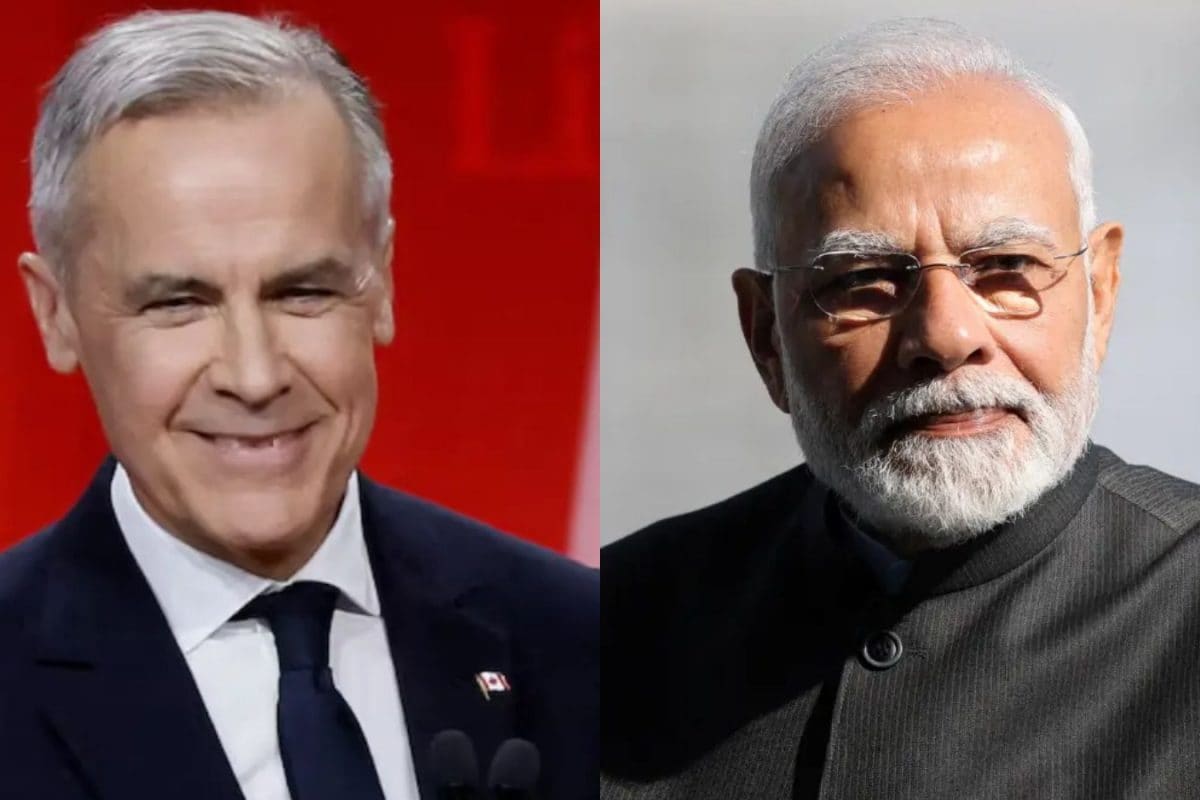

Amidst ongoing tensions, India and Canada have reportedly reached an agreement to enhance intelligence sharing related to terrorism and crime, signaling a potential thaw in relations. This development comes after a period of strained ties, triggered by allegations of Indian government involvement in the killing of Hardeep Singh Nijjar, a Canadian citizen and designated terrorist in India, and India's concerns regarding the presence of Khalistani separatists operating from Canadian soil.
The agreement, if confirmed, would represent a significant step towards rebuilding trust and cooperation between the two nations. Intelligence sharing is crucial in combating transnational threats, including terrorism, organized crime, and cybercrime. By pooling resources and expertise, India and Canada can strengthen their ability to identify, prevent, and respond to these challenges effectively.
The specific details of the intelligence-sharing deal remain undisclosed, but it is expected to encompass the exchange of information on individuals and groups involved in terrorist activities, criminal networks, and illicit financial flows. This may involve sharing data on travel patterns, communication networks, and financial transactions, while adhering to legal frameworks and privacy safeguards in both countries.
The timing of this reported agreement is noteworthy, coinciding with Prime Minister Narendra Modi's expected attendance at the G7 Summit in Kananaskis, Alberta, where he is scheduled to meet with Canadian Prime Minister Mark Carney. This meeting provides an opportunity for both leaders to address outstanding concerns and chart a course for improved bilateral relations. Modi is expected to press Carney to act on extradition requests for 26 individuals accused of terrorism and organized crime, many of whom are allegedly associated with Khalistani separatist groups.
Despite the potential for progress, challenges remain in the India-Canada relationship. Deep-seated mistrust and differing perspectives on issues such as extradition requests and the handling of extremist elements continue to pose obstacles. Some in India view Canada as a safe haven for criminals and extremists, while some Canadians have raised concerns about alleged Indian interference in Canadian affairs.
Moving forward, both countries need to engage in open and constructive dialogue to address these concerns and build a foundation of mutual respect and understanding. Enhanced intelligence sharing can serve as a valuable tool in fostering greater trust and cooperation, but it must be accompanied by concrete actions to address the underlying issues that have strained relations. Only through sustained engagement and a commitment to addressing each other's concerns can India and Canada restore their relationship to a more stable and productive footing.